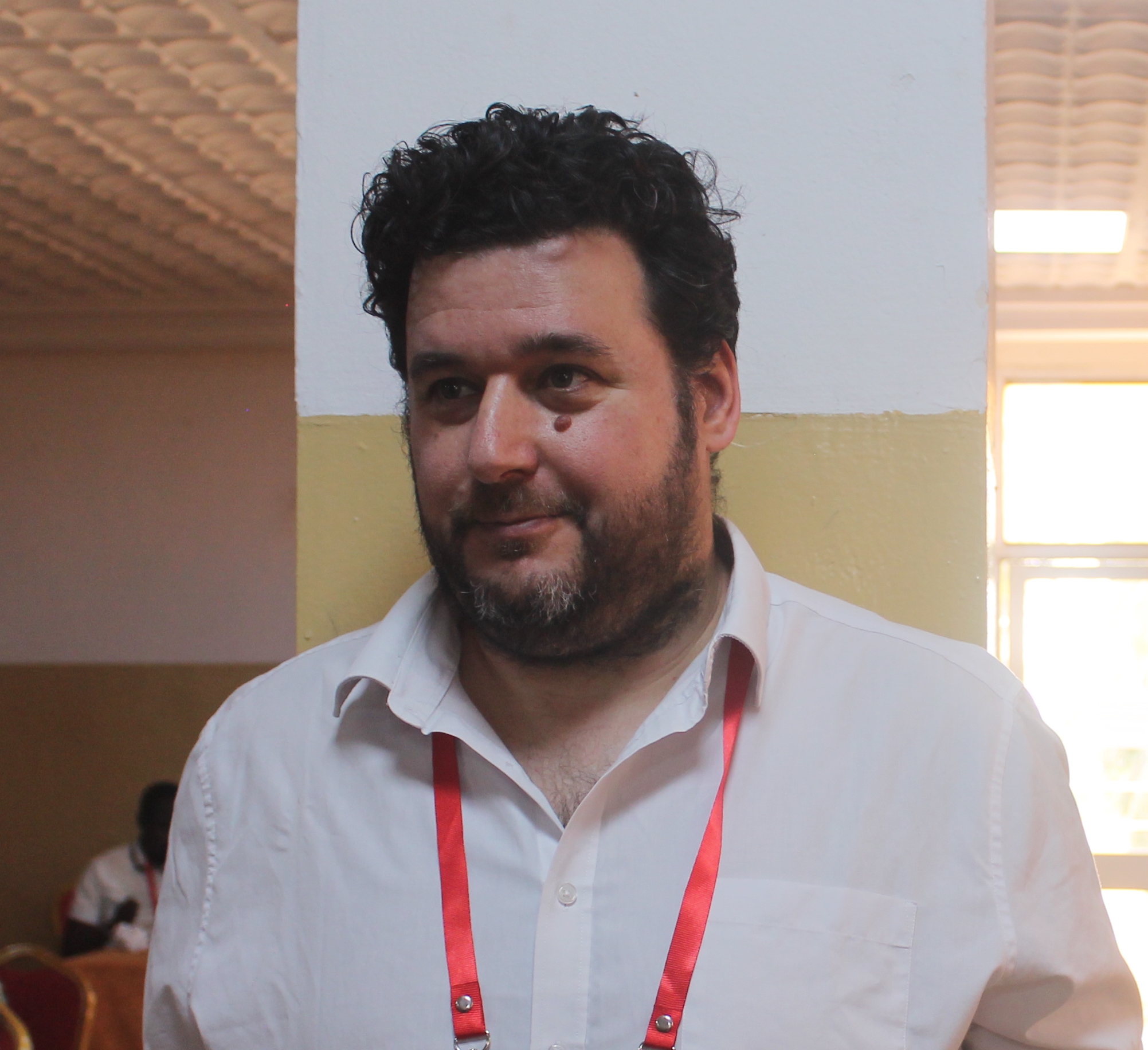David is a mathematical scientist who holds a PhD in Mathematics from the University of Sheffield. David spent his formative years in Niger, where he was exposed to the generosity of families and the power of community best practices and networks for those in extreme poverty.
David worked in business, writing software for banks, before tuning to a career in social impact. He embedded in a Kenyan university as a lecturer on a local salary. There he experienced first-hand the innumerable inequalities faced by talented individuals in low-resource environments.
In this African context, David first turned his mathematical skills to impact innovation to support digital and data inclusion in underserved environments and developed the collaborative innovation best practices that underpin IDEMS.
What’s the most challenging project or problem you’re working on right now?
My role naturally has me most engaged in IDEMS projects when things get most challenging, but right now our core projects are all in a good place, so I am free to be challenged elsewhere. Right I am inspired by the ambition of the Competency Based Curriculum (CBC) in Kenya. The CBC curriculum implementation has reached grade nine, the final year in the new Junior High School. I feel privileged to be in a position to support our Kenyan partners, in particular INNODEMS, as they take on ambitious projects ranging from teacher training, through a ground breaking MSc programme, to parental support, through apps, and student engagement, through digital textbooks. The combination of intellectual innovation, with urgency born of this unique moment in time, makes this possibly the most challenging and inspirational set of projects I have ever worked on.
What’s a recent professional success you’re especially proud of?
The results from the Parenting for Lifelong Health (PLH), digital intervention Randomised Control Trials (RCTs) led by our partners at Oxford University. This has been over five years in the making but the results that are now coming in are beyond my wildest dreams. When we started out on this journey I was extremely cautious to moderate expectations on what could be achieved through digitisation of face to face programmes. I am proud of how the deep attention to detail seems to have paid off with the RCTs demonstrating that meaningful impact can be achieved through digital and hybrid programmes that can be scaled at a fraction of the cost.
What’s the next tangible thing your work will produce?
There are many exciting things I could mention here, but one which stands out is the work with CGIAR. This is a relatively small contract which should be wrapped up by the Autumn. It is going to produce a new tailored menu in RInstat which will enable a transformation in the way partners can analyse Tricot data, a specific type of farmer focused agricultural trial, notable because it’s specific rigorous design enables specific statistical methods to draw rigorous results from simple farmer comparison data over large numbers of farmers. Alongside the software development there will also be a specific data skills course reducing barriers to partners looking to understand and analyse the complex multilevel data that emerges from a Tricot study.


Leave a Reply